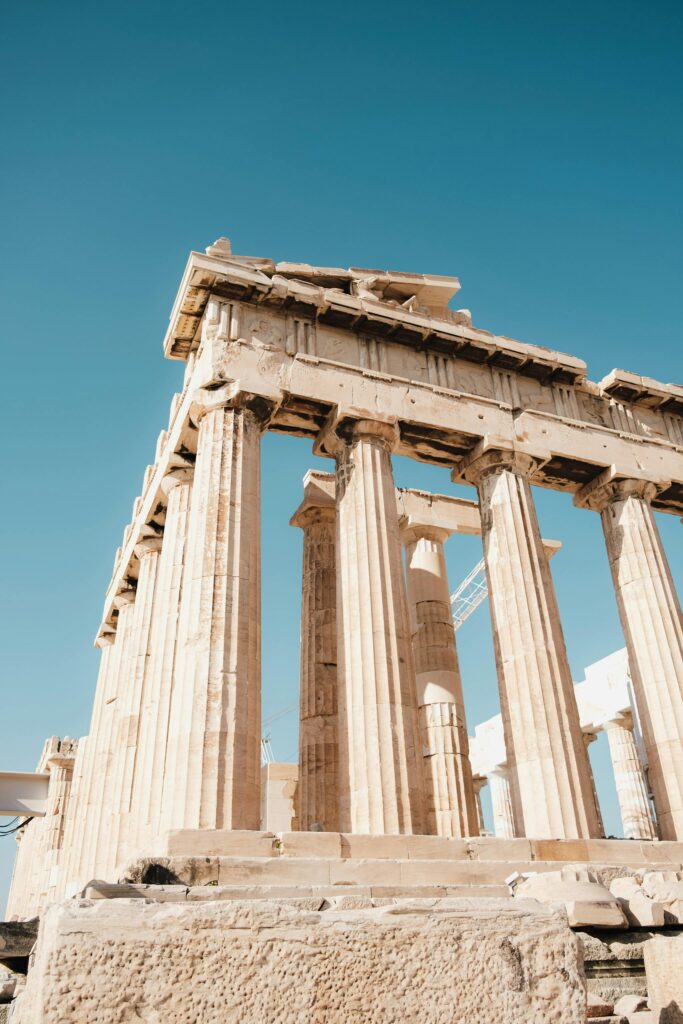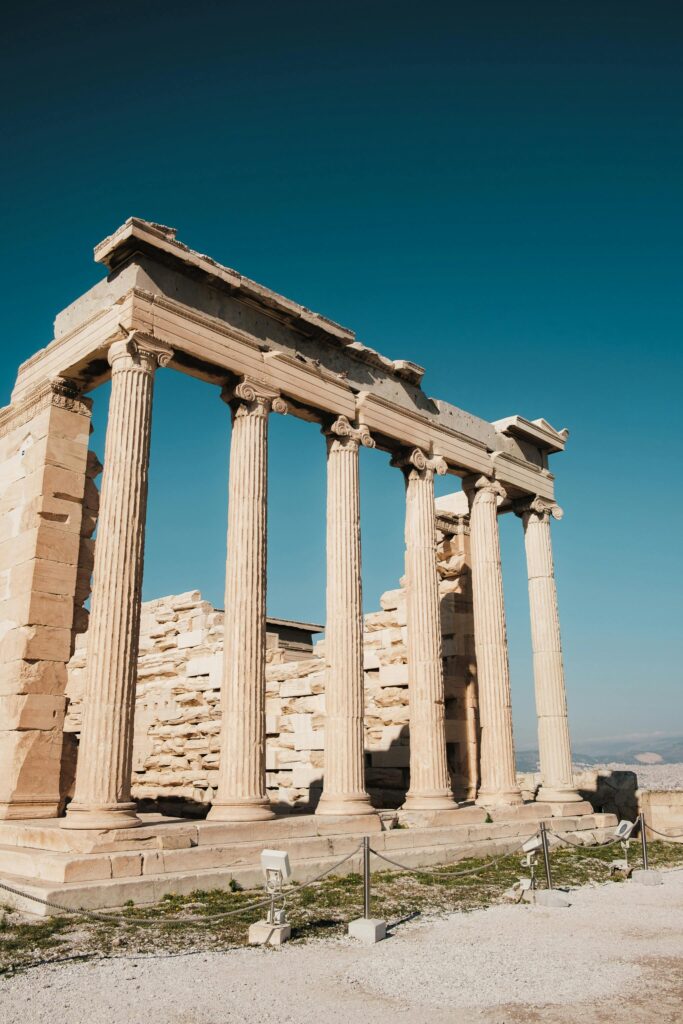The Parthenon Marbles, also known as the Elgin Marbles, have long been at the heart of a passionate debate over cultural heritage, historical justice, and international diplomacy. Recent developments suggest that talks between the British Museum and Greece for their return to Athens are advancing, sparking hope that one of the world’s most famous cultural disputes may soon reach a resolution.

A Brief History of the Parthenon Marbles
The Parthenon, built in the 5th century BCE, is a testament to the artistic and architectural genius of ancient Greece. Its marble sculptures, created to honor the goddess Athena, depicted intricate mythological and historical scenes. However, between 1801 and 1805, Thomas Bruce, the 7th Earl of Elgin, removed about half of these sculptures while Greece was under Ottoman rule. He later sold them to the British Museum, where they have been displayed since 1816.
Greece has long argued that the marbles were taken without proper consent, while the British Museum insists they were acquired legally and remain an essential part of its collection.
A New Era of Negotiations
In December 2024, reports confirmed that negotiations for the marbles’ return were “well advanced.” The proposed arrangement focuses on a cultural exchange. The British Museum may send the sculptures to Greece on long-term loan in return for significant Greek artifacts to be displayed in London. This approach seeks to balance historical restitution with the benefits of international cultural partnership.

The Political Landscape
The political climate surrounding the marbles’ fate has shifted over the years. Former UK Prime Minister Rishi Sunak opposed their return, citing the British Museum Act of 1963, which restricts the museum from permanently removing items from its collection. However, under the leadership of Prime Minister Keir Starmer, the UK government appears more open to a potential agreement. While the marbles were not formally discussed during Starmer’s December 2024 meeting with Greek Prime Minister Kyriakos Mitsotakis, insiders suggest a supportive environment for museum-led negotiations.
Legal Hurdles
Despite the momentum, legal barriers remain. The British Museum Act prevents permanent removal of objects from the collection, making a long-term loan the most viable option. Such a loan could allow the marbles to return to Greece while remaining technically under British Museum ownership, navigating around legal constraints.
Public Opinion and Cultural Significance
The debate over the Parthenon Marbles resonates with broader questions about cultural ownership and historical accountability. Many argue that returning the marbles to Greece would restore the Parthenon’s integrity and address a historical wrong. On the other hand, critics warn that this could set a precedent for the restitution of countless artifacts, potentially emptying museums worldwide.
Public sentiment is increasingly in favor of their return. Surveys indicate that both British and Greek citizens support the idea, viewing it as a symbolic act of cultural reconciliation.

FAQs: All You Need to Know About the Parthenon Marbles
1. What are the Parthenon Marbles?
They are a collection of marble sculptures from the Parthenon in Athens, created in the 5th century BCE. These include friezes, metopes, and pedimental sculptures depicting scenes from Greek mythology.
2. Why are they also called the Elgin Marbles?
The marbles are named after Lord Elgin, the British ambassador who removed them from the Parthenon in the early 19th century.
3. Why does Greece want them back?
Greece argues that the marbles were taken without legitimate consent during a time of foreign occupation and that their return would restore the cultural unity of the Parthenon.
4. Why has the British Museum kept them?
The British Museum contends that it acquired the marbles legally and that their display in London allows a global audience to appreciate ancient Greek heritage.
5. Are the marbles likely to return to Greece?
Current negotiations are promising. A long-term loan appears to be the most practical solution, addressing both legal and diplomatic concerns while fostering cultural exchange.
The Road Ahead
The potential return of the Parthenon Marbles symbolizes a broader movement toward reconciling historical disputes and honoring cultural heritage. As negotiations unfold, the story offers an opportunity to reflect on the value of collaboration in preserving and celebrating humanity’s shared past.
Sources The Guardian


